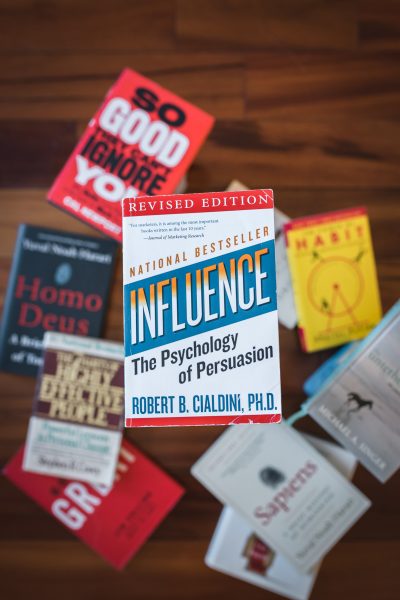Building Influence
From Career Tips, 2014 Volume 1, January 2014

I've spoken to a number of groups about how to have truly influential conversations. The first question I've asked each group is "What should be your goal for that conversation?"
Many people's first instinct is something along the lines of "To influence the other party towards my goal."
Here's my definition: "To help the other person succeed by producing a solution that best meets their needs."
The key to influence is that you need to be focused on helping the other party achieve their goals and solve their problems.
Yes, I'm hoping to also achieve my goal, but to do that I first have to build a relationship, and that comes from exploring what's important to the other person. Think of it from this perspective. Until we have a true relationship that engages me, how invested will I be in helping you achieve your goals?
Time and time again, I've seen how misconceptions about this hold people back in their career searches and attempts to effectively utilize their networks.
When you approach networking meetings in a very direct, straight line approach towards your goal, you tend to weaken the connection and not get what you are seeking.
This happens in so many ways, such as:
- when you set the conversation goals up the wrong way (eg, to get introduced to someone who is hiring),
- ask for the wrong things (eg, job leads),
- fail to lay a proper basis for the other person to even be able to help you,
- ask for referrals too early in the conversation, or
- push too hard on your goals.
On the other hand, when you apply the principle of influence above, and really focus on building a relationship, waiting for the point where the other party is truly engaged and starts volunteering ways to help, you end up achieving so much more.
Of course, that's just the tip of the iceberg. Among other things, you need to:
- avoid the 'help me find a job' syndrome,
- tell an interesting story about what you are seeking and why you'd be an outstanding candidate for that,
- follow the other party's 'tension' and watch for the clues that you still have their interest,
- ask the right questions at the right times,
- keep to your promises, those you made to set up the appointment, and any you make during the meeting,
- show proper gratitude, even if you aren't sure you've gotten that much from the meeting,
- send thank yous, promptly,
- let them know what comes of every suggestion or lead they give you, and
- stay in touch on a regular basis.
All of these help you build more and more influence in individual networking meetings, and throughout your network.
Of course, one of the situations where you are hoping to have the MOST influence is a job interview. And here's the conundrum:
When will I have the least influence?
When I'm talking about myself.
When will I have the most influence?
When I'm talking about your problems, and showing you how I've solved them (or situations like them) in the past.
And where does the typical interview start?
With a question like,
"Why don't you tell me a little bit about your background?"
So as quickly as I can, I need to shift the focus of the interview from me, to you and your problems. How do I do that?
One way is a technique I've talked about before, the HERO story. This is a way to answer that typical question in a way that is engaging, and also is directly addressing problems I think are relevant to your operation. The engagement helps with the crucial relationship building, and if I've guessed correctly (based on my prior research) about the sorts of problems that are relevant, I've started myself well down the path to influence.
More on this next time, and in the meanwhile, send me your thoughts on what I've written so far.
